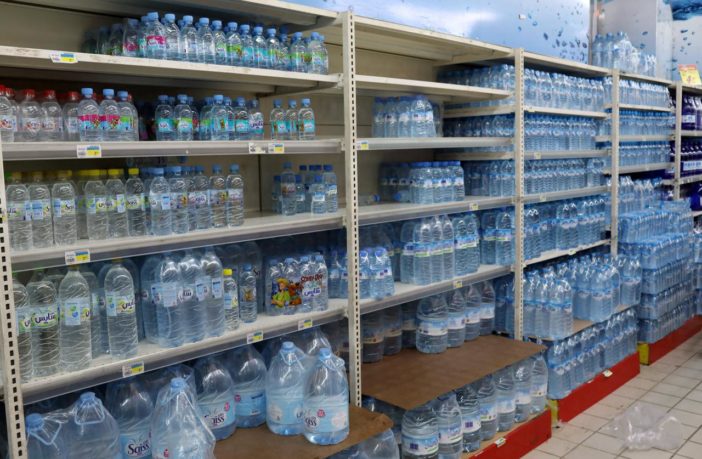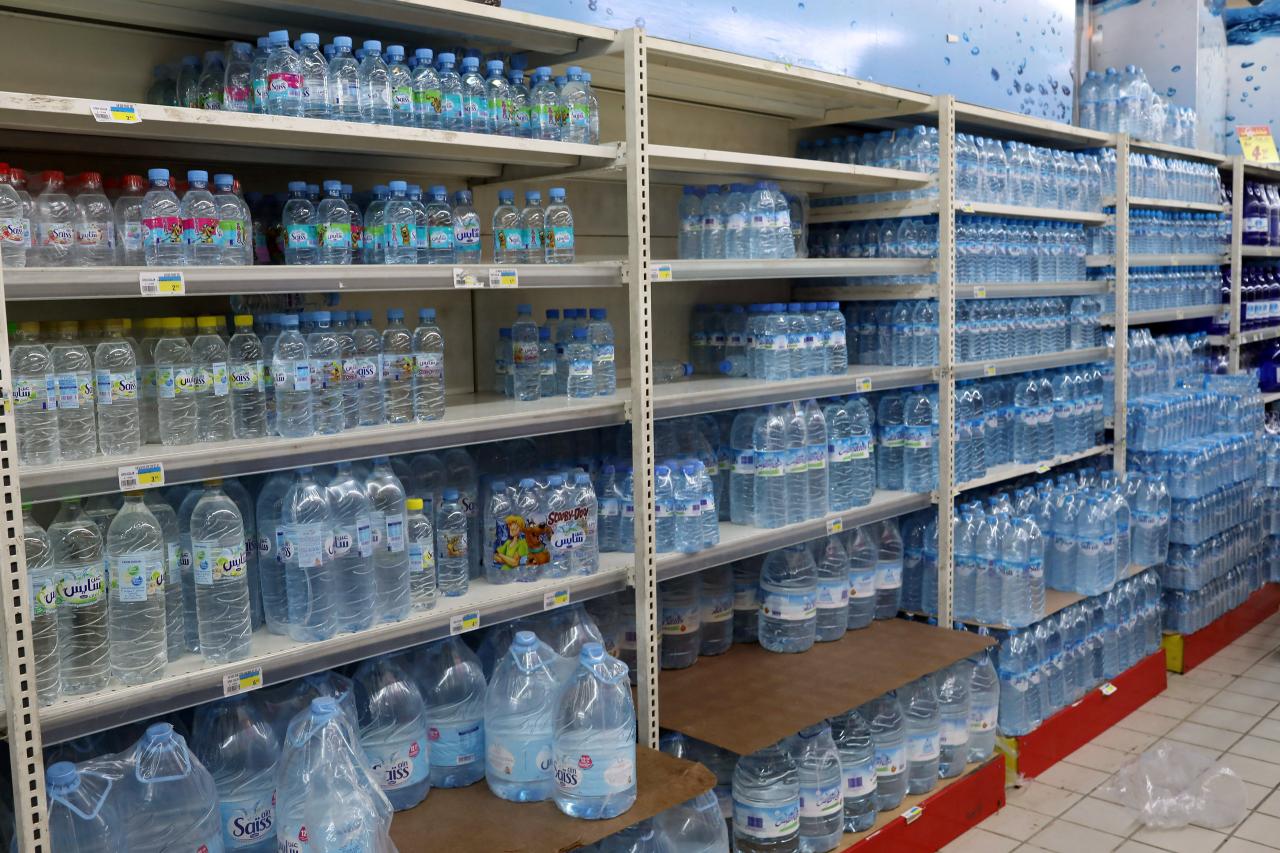Reuters
By Ahmed Eljechtimi
* Morocco has won praise from IMF for economic reforms
* But many people complain about tough conditions
* Campaign calls for boycott for milk, water and fuel brands
A consumer boycott aimed at major suppliers of milk, bottled water and petrol in Morocco has prompted the government to call for lower prices and forced one firm to scale down operations.
The secretly organised campaign is the first such mass online protest in Morocco, which escaped the “Arab spring” uprisings of 2011 but where demonstrations have erupted in impoverished areas over jobs and economic neglect.
The International Monetary Fund has praised Morocco for opening up its economy, which has helped attract investment by major international firms such as Renault, Boeing and Bombardier.
But the campaign, launched on April 20 and calling for a boycott of Morocco’s main milk, water and petrol brands, has struck a raw nerve with many, who complain they have been left out of the business boom.
Facebook pages with more than 2 million users have backed the campaign, which no political or civil society group has claimed, but which aims to express the frustration many Moroccans feel about their circumstances.
“The goal of this boycott is to unite the Moroccan people and speak with one voice against expensive prices, poverty, unemployment, injustice, corruption and despotism,” one of the boycott pages said.
The campaign targets Afriquia fuel stations owned by the Akwa group of Agriculture Minister Aziz Akhanouch, one of Morocco’s richest men, French dairy firm Centrale Danone and the Sidi Ali water brand.
The three firms have not detailed the impact on their businesses but several grocery shops in the capital Rabat said they had sold less milk and water from the firms under fire.
“Since the boycott started my customers are opting for other milk products,” said a Rabat grocery owner who gave his name as Younes.
Sidi Ali and Afriquia did not immediately respond to requests for comment.
A survey in the L’Economiste daily showed 42 percent support for the boycott. Among those who backed the campaign, milk was targeted by 95 percent, mineral water by 78 percent and Afriquia by 52 percent.
Energy Minister Aziz Rebbah said the government might introduce price caps for fuel.
Prime Minister Saad Eddine El Othmani urged companies to lower prices of popular goods, while distancing himself from other officials who had described the boycotters as deluded.
A spokesman for Centrale Danone, speaking on national television, acknowledged an impact on sales without giving details. For the holy month of Ramadan, the company lowered the retail price of milk by one dirham a litre.
The company told Reuters by email that because of the boycott, and despite its temporary price cut, it had decided on Wednesday to reduce by 30 percent the amount of milk it collects from the 120,000 farmers who supply it.
This would also affect its own staff as the company said it would end short-term contracts of temporary workers, without giving the exact number.
Les Eaux Minérales d’Oulmès, the maker of Sidi Ali, has been bussing about 80 people a week to its spring in the Atlas mountains in an attempt to convince consumers its prices are fair, while calling on the government to lower taxes.
NO REGULATOR
Morocco saw some protests in 2011, which led King Mohammed VI to agree limited constitutional reforms, included devolving some powers to an elected government, but it has escaped the major uprisings seen elsewhere in the region.
Officials have been promoting the kingdom as a stable investment destination, at a time when Tunisia has been unable to fix an economic crisis, and there is uncertainty in Algeria over the health of President Abdelaziz Bouteflika, who suffered a stroke in 2013.
But protests in a poor mining town in Morocco’s northeast at the start of the year and in Hoceima in the Rif region in 2016 over corruption and poverty are signs of lingering dissent.
The boycott call has targeted the three firms as symbols of an economy dominated by large groups linked to a business and political elite, or foreign brands.
“The boycott goes beyond lowering prices to express an outcry at the feeble purchasing power of citizens as a result of the marriage between power and business,” said Fouad Abdelmoumni, an activist backing the campaign.
Market share for their products are 37 percent for Afriquia, 60 percent for Central Danone and 70 percent for Les Eaux Minérales d’Oulmès, analysts say.
They were targeted “because they are perceived as market leaders who engage in anti-competitive price fixing, creating an oligopoly,” said Rachid Aourraz, economist at the Moroccan Institute for Policy Analysis.
A bottle of mineral water costs six dirhams (63 U.S. cents), more than in some European countries although the purchasing power of Moroccans is much lower.
The boycott call has prompted a parliamentary inquiry into fuel prices, which found that since fuel subsidies ended in 2015 – a move praised by the IMF – petrol distributors’ profits have risen.
Total Maroc, the country’s third largest distributor, reported profits rose to 879 million dirhams in 2016 from 289 million dirhams the previous year.
All distributors “sell at the same consumer prices in different Moroccan regions”, said Idris Azami, head of the Islamist PJD party, which is part of the coalition government.
“This is detrimental to competition,” he said, adding that an active competition regulator was needed.
The competition council has been idle because authorities have not appointed a new board after the old one’s term ended in 2015, its head Abdelali Benamour said, blaming unspecified business groups for the lack of action.
“Nature abhors a vacuum. In the absence of an active competition council, citizens reacted with the boycott,” said Benamour.
Opposition lawmakers from a coalition of leftist parties have called on fuel distributors to return what they called “unethical” profits worth 17 billion dirhams.
$1 = 9.5227 Moroccan dirham
Editing by Ulf Laessing and Giles Elgood








